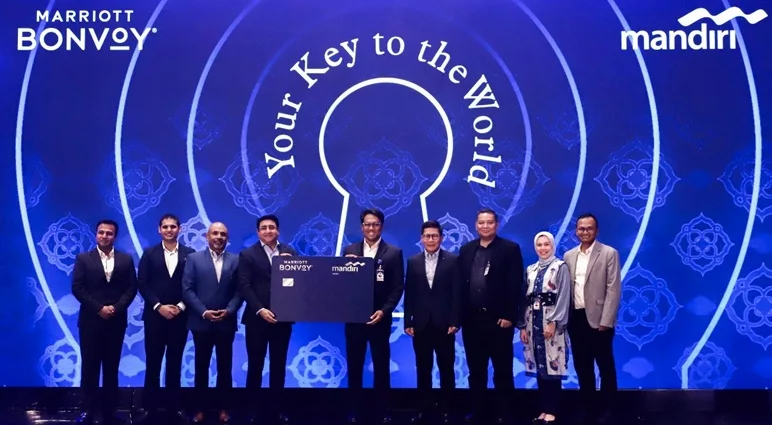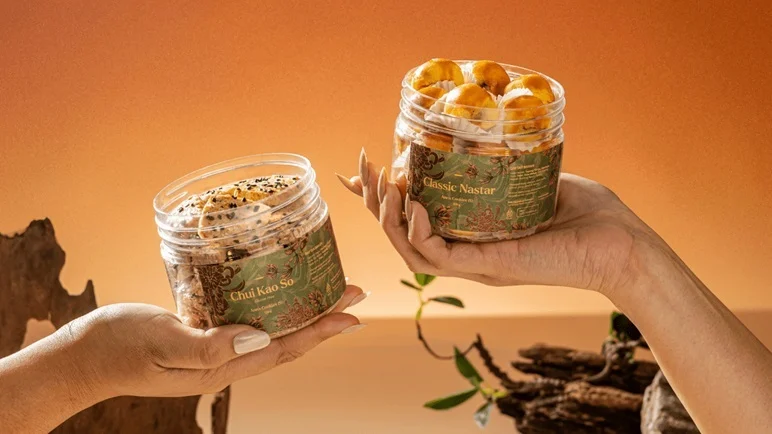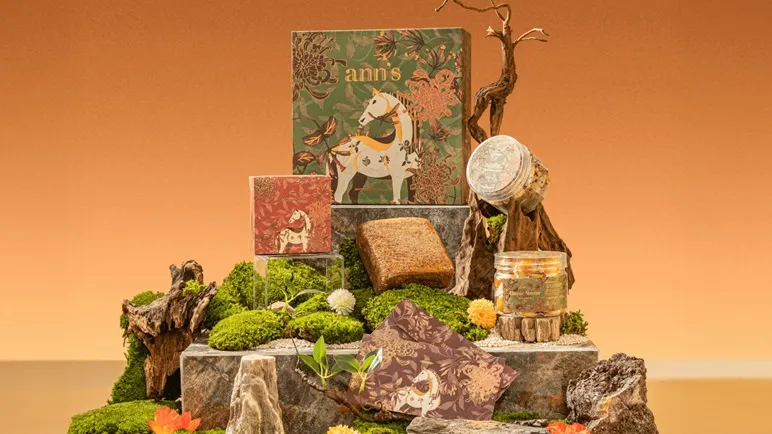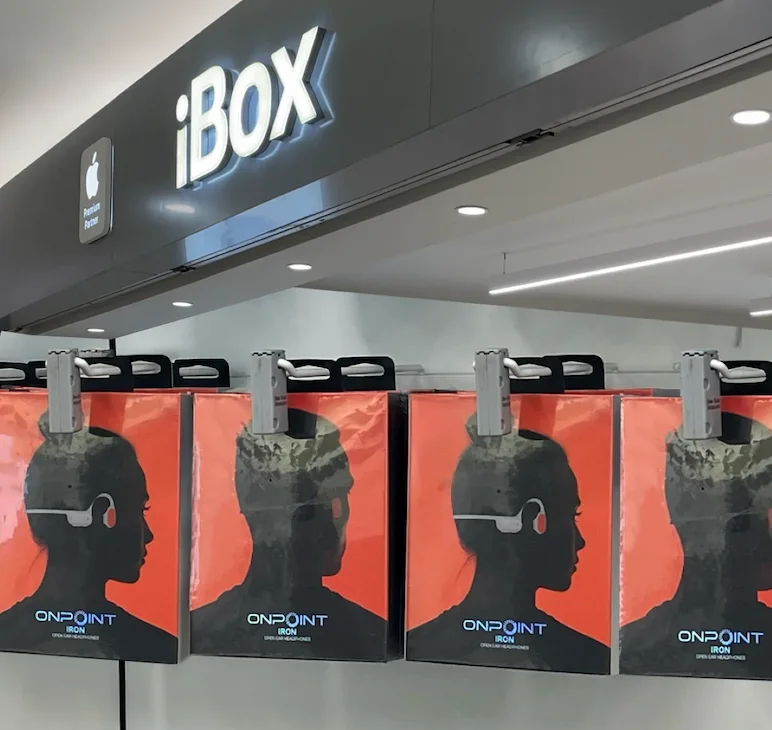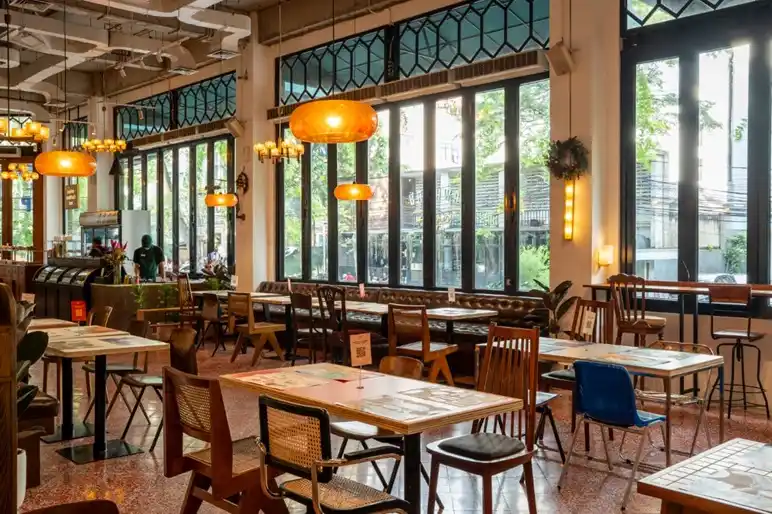Christel Van Zyl came to Indonesia from South Africa five years ago in 2017 and started teaching at Sekolah Pelita Harapan (SPH) Pluit Village, Jakarta. An Early Childhood Education specialist, Christel has been teaching Early Years for over 15 years. Recently, she also finished a certificate in Play-based Learning. In this interview, we discuss Early Childhood Education from a more holistic approach and how parents can boost their young child’s growth from home.
Hi, Christel! Tell us more about yourself as an Early Years teacher and what makes you eager to teach overseas, especially in Indonesia?
Throughout my 15-year teaching experience, I have worked in a variety of school settings in different countries and cultures. I love getting to know different cultures, but at the same time, learners are the same everywhere! Young learners approach learning with enthusiasm and the more experiences you give them, the more they want to know. Early learners are eager to learn and the more fun they have, the more they learn.
In regard to Early Childhood Education, some parents put emphasis only on their children’s cognitive skills such as reading, writing, and basic math. How do you see this phenomenon from a more holistic perspective toward a child’s development?
Children in their early years are still developing a lot of skills – not just cognitive skills – that we sometimes do not even think of. Reading, writing, and basic math are all important skills, but if we neglect the rest of the child–which encompasses motor skills, social and emotional skills, and problem-solving skills–they will struggle in later years.
It is important to approach the early years holistically because this is the time children grow and learn the most. If we can develop well-rounded, well-adjusted learners by the time they are 6 years old, these other skills like writing, reading, and math will come naturally and with less stress and pressure. A holistic approach ensures maturity that is needed for their future learning.
In the early years, we are given the opportunity to help our children become the best versions of themselves by allowing them to learn and grow in their own unique way. Young learners are inquisitive by nature. We should let them experiment, question, research, move, and discover the world in the way that is most natural to them!
What are the main strengths of the teaching & learning in Early Childhood and Kindergarten programs at SPH?
At SPH, we look at the whole child and not just focus on certain skills. Early learners are complex little beings who are learning to know themselves and what they are capable of. They love experimenting and pushing boundaries to find their place in society. This is why a play-based approach is a good way to facilitate learning. Children are not just left to play with toys but are guided through constructive, hands-on activities instead of having adults doing the thinking for them.
By providing a stimulating environment with hands-on activities, we find that critical thinking skills, social and emotional skills, and independence are some of the more valuable skills that develop throughout the course of our Kindergarten program. We follow Units of Inquiry that stimulate curiosity and encourage investigation skills. These are all important skills in later years when students are required to do science, research articles, and problem-solve in mathematics.
We love to provide as much experience as we can in kindergarten. We want to instill a love of learning in children, and that is why we put our hearts and souls into our younger learners.
The pandemic situation affects kindergarten students the most. How do you see the effects of online learning on them, and how does SPH strive to tackle those effects?
During online learning, kindergarten students became very isolated. The skill they lack most is socializing with children their own age. They also have lost a lot of independence as parents tend to help a lot at home. Nonetheless, we still appreciate all that our parents have done for us during this time.
We, as teachers at SPH, hope to tackle these issues by allowing children to immerse themselves in self-discovery and structured play activities. By allowing them to interact with each other freely, they build their language skills as well as their social skills. They learn to cooperate and use their imagination to solve problems. Through play-based learning activities, we are able to tackle all skills (language, problem-solving, independence, cooperation, and emotion) at once. And now, we are thankful that students can come back to school for full days to experience the real classroom, meet their teachers and friends, and basically, make memories and have fun!
Lastly, what are some of the best tips you can give to parents to support their children at home?
As I have mentioned before, play-based learning is essential for early years children’s growth and development. What parents can do is allow their children to play by themselves with their toys. Parents or nannies tend to stay too close or dictate what their children have to do. Children also need their own space to explore and expand their creativity. I encourage parents to make time for their children to have sensory or outdoor play activities as much as possible.
Next, limit your child’s screen time (mobile phone, TV, or iPad) to a maximum of 45 minutes a day for children aged 3-5 years. Instead of letting your child play with or watch something with their gadget, READ, READ, and READ often with your child! Reading books with your child has tremendous benefits for their cognitive, language, and creativity development.
Young children also function best when they are well-rested. Children their age need at least 10 hours of sleep. Try to set a reasonable and consistent bedtime every day, and if your children are active during the day, they should feel tired and have a better sleep at night!
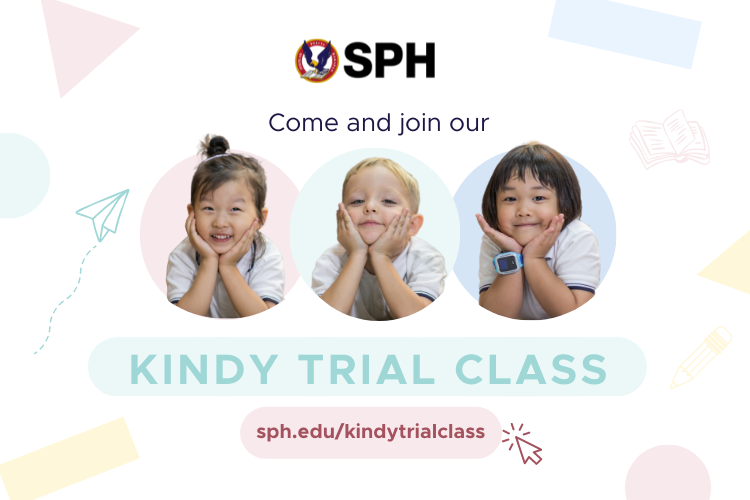
Are you looking for a quality kindergarten for your child with experienced teachers and exceptional facilities? Sekolah Pelita Harapan’s Early Childhood Education and Kindergarten programs are the best choice for you!
Inquire more and reach out to us through our Admissions Counselor to learn more about what SPH has to offer. In our Kindy Trial Class, we also open our classes for you and your child to get a firsthand experience of our kindergarten day-to-day lessons.
Book your appointment for our free Kindy Trial Class: sph.edu/kindytrialclass/
Visit our website: sph.edu




 Juliana Siahaan
Juliana Siahaan
 Apr 08, 2022
Apr 08, 2022
